
The event brought together more than 200 CEOs and business leaders from many industries, along with economic experts, representatives of the Ministry of Industry and Trade and localities such as Ho Chi Minh City, Binh Duong, Long An, and Can Tho.
Speaking at the opening of the forum, Deputy Editor-in-Chief of Saigon Giai Phong Newspaper Nguyen Khac Van said that the forum will be a place to open up multi-dimensional perspectives, contributing to the formation of specific solutions, suitable for each industry and each field. From there, businesses will choose the most suitable direction to bring their products to consumers as quickly as possible and at the most reasonable cost.
At the forum, Director of the Ho Chi Minh City Department of Industry and Trade Bui Ta Hoang Vu said that although Ho Chi Minh City enterprises only export about 10% of their total export turnover to the US market, the city always identifies this as an important market due to its leading role in consumer behavior and the global supply chain. Therefore, strategic and long-term adjustments are needed.

Mr. Pham Binh An, Deputy Director of the Ho Chi Minh City Institute for Development Studies, said that the US-China trade war has fragmented the global market structure, replacing the previously tightly-knit globalized order and promoting a wave of production shifting from China. Vietnam has emerged as an alternative destination, but its role as a transit point has also led to Vietnam being labeled as a “tax evader” in a number of recent trade defense lawsuits.
Statistics show that since April 2025, Vietnam has recorded 32 trade defense investigations from 12 different markets, nearly double that of 2023. Notably, the United States is the country with the most investigations with 11 cases, focusing on products such as iron and steel, and fibers. Meanwhile, the EU has implemented the carbon border adjustment mechanism (CBAM), forcing businesses to make their production processes transparent and demonstrate CO₂ emissions.
However, there are opportunities in challenges. Vietnam’s participation in many FTAs has opened the door to more than 50 global markets. To exploit them effectively, businesses need to invest seriously in logistics, branding, geographical indications and digital transformation.
Mr. Pham Binh An said that businesses need to proactively improve their compliance and traceability capabilities to meet international standards, especially in the US and EU markets. Businesses need to classify and diversify markets and products, not only focusing on traditional markets such as the US and EU, but also promoting the exploitation of niche markets.
At the same time, it is necessary to effectively utilize FTA agreements and support policies from the Government to deeply integrate into the global value chain. Enterprises should also shift from processing to building their own brands, developing “Make by Vietnam” products, in order to increase value, reduce risks and expand market share sustainably.

Referring to the importance of private enterprises in the current context, Dr. Can Van Luc, member of the National Financial and Monetary Policy Advisory Council, suggested that the Government soon issue a decree on the mechanism to support business households in transforming into enterprises, moving towards building the Private Economic Law. In particular, it is necessary to develop a balanced financial market, establish support funds such as credit re-guarantee funds, green conversion funds, venture capital funds, etc. to support private enterprises to grow right at home, thereby reaching out to foreign markets.
During the exchange, businesses shared many practical solutions to improve competitiveness and expand export markets. Ms. Ly Kim Chi, Chairwoman of the Ho Chi Minh City Food and Foodstuff Association, emphasized that market repositioning is a vital factor, instead of depending on only 1-2 traditional markets. She suggested that businesses should proactively seek niche markets, Halal markets, enhance product differentiation, and promote green and digital transformation to improve competitiveness.
Ms. Vo Thi Lien Huong, General Director of Secoin Joint Stock Company, shared her experience in dealing with tariff barriers by linking in the supply chain, diversifying the market, standardizing green standards in an international direction and increasing the application of B2C e-commerce. Opinions were unanimous that, in order for Vietnamese enterprises to go far, they need to change their market thinking, apply technology, link strongly, develop more sustainably in the chain and constantly innovate.

In his closing speech at the forum, Mr. Nguyen Ngoc Hoa, Chairman of the Ho Chi Minh City Business Association, emphasized: The risk management, technology, and human resource capacity of Vietnamese enterprises are still weak compared to the new integration requirements... If there is no change, many enterprises will be eliminated right at home, without having to go out to the ocean. The current market is not for stagnation or conservatism. Vietnamese enterprises that want to survive and reach out to the world need to change their mindset, master technology, increase transparency, and connect together for sustainable development.
Source: https://hanoimoi.vn/tim-loi-mo-thi-truong-giua-bao-thuong-mai-703002.html


![[Photo] Prime Minister Pham Minh Chinh attends the groundbreaking ceremony of Trump International Hung Yen Project](https://vphoto.vietnam.vn/thumb/1200x675/vietnam/resource/IMAGE/2025/5/21/ca84b87a74da4cddb2992a86966284cf)

![[Photo] Scientific workshop "Building a socialist model associated with socialist people in Hai Phong city in the period of 2025-2030 and the following years"](https://vphoto.vietnam.vn/thumb/1200x675/vietnam/resource/IMAGE/2025/5/21/5098e06c813243b1bf5670f9dc20ad0a)
![[Photo] Determining the pairs in the team semi-finals of the National Table Tennis Championship of Nhan Dan Newspaper](https://vphoto.vietnam.vn/thumb/1200x675/vietnam/resource/IMAGE/2025/5/21/eacbf7ae6a59497e9ae5da8e63d227bf)

![[Photo] Prime Minister Pham Minh Chinh receives Rabbi Yoav Ben Tzur, Israeli Minister of Labor](https://vphoto.vietnam.vn/thumb/1200x675/vietnam/resource/IMAGE/2025/5/21/511bf6664512413ca5a275cbf3fb2f65)
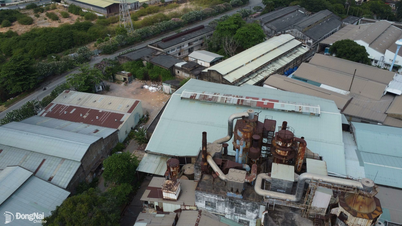

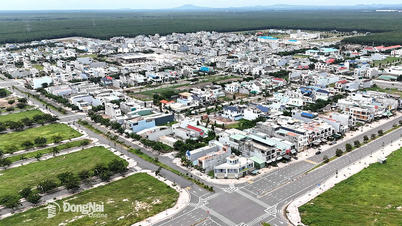
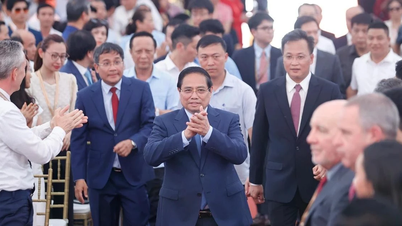



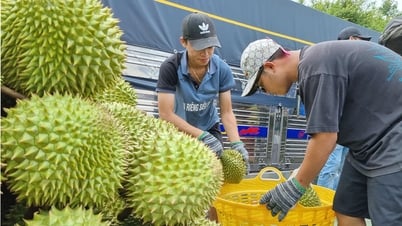







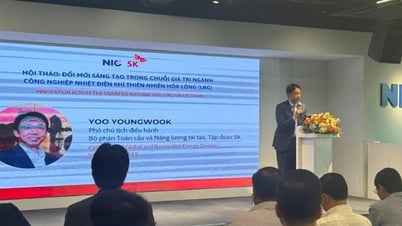
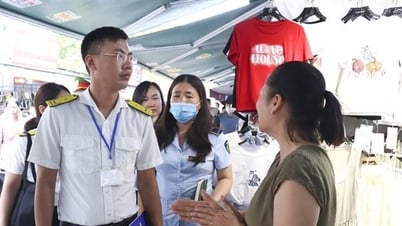

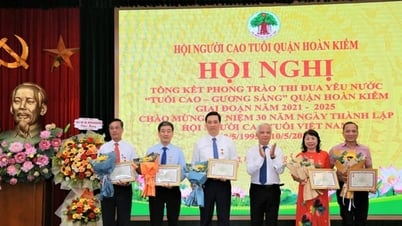





































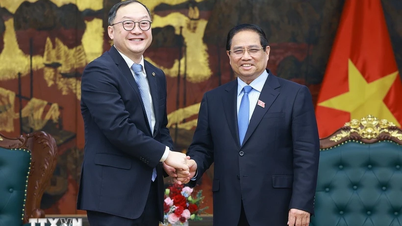







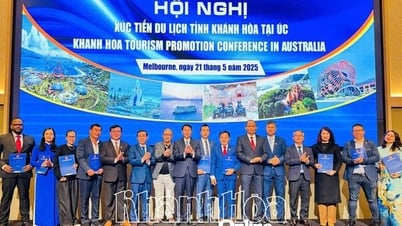
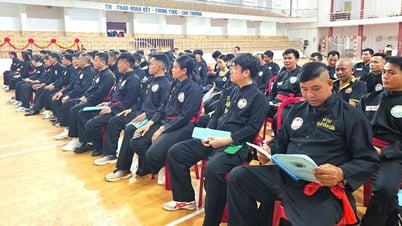



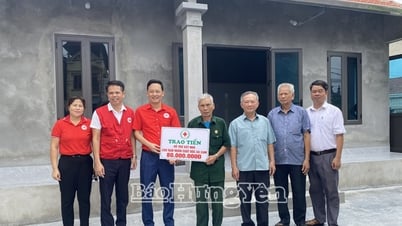

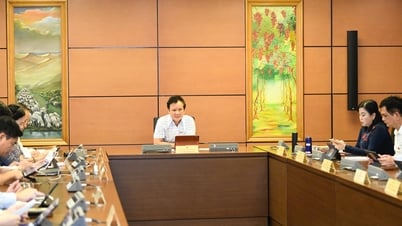















Comment (0)